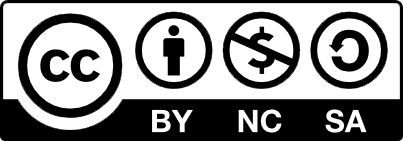Effect of impurities in the crude glycerol polymerization reaction to produce polyglycerol
Abstract
Crude glycerol is a low-cost biodiesel industry co-product in a ratio of 1:10 with the main product. The large quantities of crude glycerol produced affect the biodiesel and glycerol markets. Consequently, the exploration of new applications for crude glycerol becomes crucial. As the composition of crude glycerol differs significantly from that of purified glycerol, this work was focused on studying the effect of crude glycerol impurities on its polymerization, as this process, at the same reaction conditions established for the polymerization of purified glycerol, did not result in polymeric products. To identify the reason for this result, the crude glycerol was fully characterized to identify its composition. Hence, an experimental design using simulated crude glycerol was performed to study the effect of the most abundant impurities in the raw glycerol on the polymerization and
the impurities that would persist with such reaction conditions, such as soap and sodium. The response variable for the experimental design was the hydroxyl number of the reaction products. FT-IR spectroscopy was used to analyze differences among the reaction products obtained from different treatments. The presence of soap was identified as primary inhibitory factor and the bottleneck in the formation of polyglycerol via polymerization of crude glycerol. Molecular weights of the polymerization reaction products were determined and analyzed as per the MALDI-TOF technique. The identification of the effect of impurities of crude glycerol polymerization suggests new routes for using it in the production of high value-added chemicals.
Downloads
| Article metrics | |
|---|---|
| Abstract views | |
| Galley vies | |
| PDF Views | |
| HTML views | |
| Other views | |












